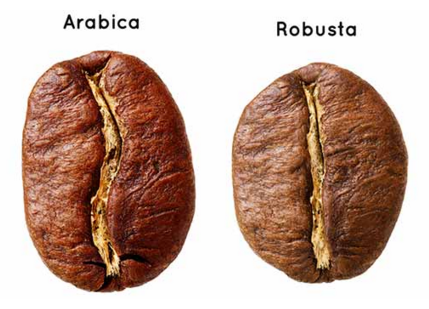By Sarah Wambach
Before I was a student in the Universities of Wisconsin Sustainable Management program, I had a very peripheral understanding of environmental issues.
I’ve been interested in sustainability most of my life, but until I became a student in the bachelor’s program, my sustainability knowledge came from the occasional news article, Al Gore, or remnants of things I learned in high school conservation science.
Essentially, I knew very little.
Although I am not intimating that I’m a sustainability expert now, my knowledge has definitely increased after taking just a few courses.
Coffee Consciousness
Having this new knowledge has helped me explain sustainability concepts to coworkers and friends, some of whom would not have thought about certain issues from an earth-conscious perspective.
One example: my longtime coworker and I were discussing our mutual love of coffee, and she mentioned she only buys fair trade because she believed in the humanitarian sentiment behind the branding. I shared some ecological aspects of coffee growing, which I learned about extensively while writing a research paper for the course, SMGT 235: Economics in Society and Sustainability, last semester.
She had no idea about the degradation that can occur on coffee plantations, from deforestation and soil erosion to loss of habitat and polluted water sources. The enormous amounts of land required for maintaining coffee trees also contributes to a monocropping culture, which prevents other plants and food crops from being grown on vast tracts of land throughout Africa, Asia, and South America.
Get Program Guide
Learn more about our 100% online degree and certificate programs.
Sustainability Shocker
I experienced the same shock as my coworker when researching coffee growing. It made me realize how unaware we are about how a seemingly ordinary coffee-drinking habit can contribute to world problems.
Our conversation turned to the economics of coffee, which is so interconnected with the environmental aspects that they are nearly indistinguishable.
 I told my coworker about shade-grown versus full-sun plantations, Arabica versus Robusta beans, and rainforest-approved coffee. My search for an environmental and ethically sourced coffee supplier led me to an exceptional coffee company: Tiny Footprint Coffee. Based out of Minnesota, the company is certified fair trade, shade-grown, organic, rainforest and bird-friendly, and carbon negative (through planting of trees in Ecuador).
I told my coworker about shade-grown versus full-sun plantations, Arabica versus Robusta beans, and rainforest-approved coffee. My search for an environmental and ethically sourced coffee supplier led me to an exceptional coffee company: Tiny Footprint Coffee. Based out of Minnesota, the company is certified fair trade, shade-grown, organic, rainforest and bird-friendly, and carbon negative (through planting of trees in Ecuador).
After the tip, my coworker made the switch to the new brand of organic, shade-grown fair trade coffee and has passed the information to others in her life.
This kind of information sharing can make a real difference. Armed with my newfound education in sustainability, I was able to make a small dent in the current status quo.
As I progress in the UW Sustainable Management program, I hope to continue making these small dents—whenever and with whomever I can.
This guest post was adapted from an essay written by Sarah Wambach, a graduate of the UW Sustainable Management program. To learn more about UW Sustainable Management, contact a helpful enrollment adviser at 608-262-2011 or learn@uwex.wisconsin.edu.
More from the Sustainability Blog
What Can You Do with a Sustainability Degree?
Faculty and Students Recap Chile Travel Sustainability Course: ‘A Truly Life-Changing Experience’









